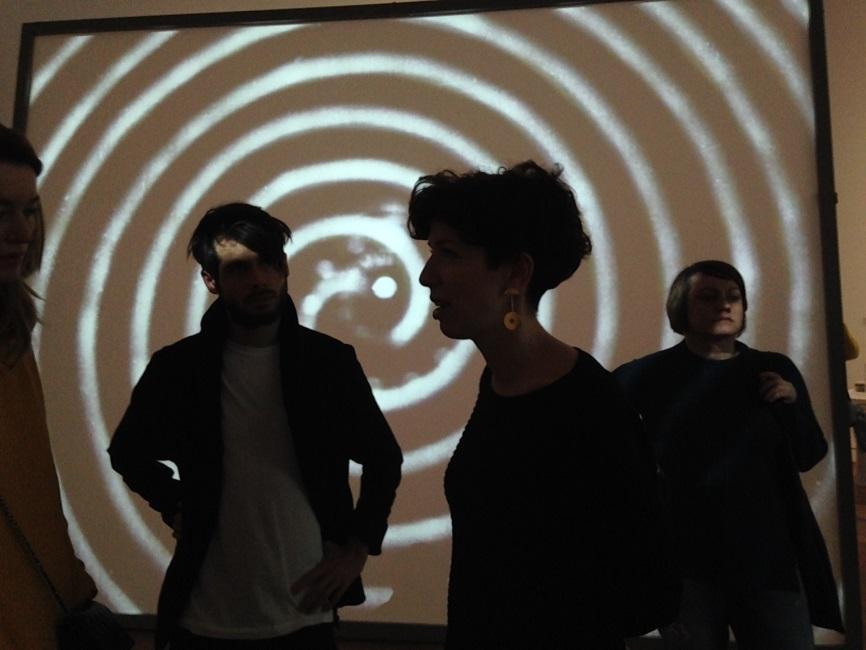The Future Will Be Different. Visions and Practices of Social Modernisation after 1918 - review of the exhibition and catalogue
DOI:
https://doi.org/10.17892/app.2018.0007.134Keywords:
Aleksander Ford, Franciszka Themerson, Stefan Themerson, Eugeniusz Cękalski, Wanda Jakubowska, modernism, interwar, emancipation, utopia, education, sport, propaganda, photography, the START Film Enthusiasts Association, cooperative of Film Authors SAF.Abstract
The Future will be different. Visions and practices of social modernization after 1918 is the title of a new exhibition in the Zachęta. Once again, the National Film Archive - Audiovisual Institute (FINA), together with the Narodowe Archiwum Cyfrowe (NAC) are a co-organizers of the exhibition. The Second Republic of Poland is a compelling topic for analysis – both ideologically and politically. Over a short period of time, all modern ideas were focusing and intensifying to an unprecedented extent with a combination of political events, new trends, and the urge for social transformation. WWI and later crisis, became a game changer, accelerating emancipation of previously undervalued and excluded social groups - women, children, workers, or ethnic minorities.'The Future Will Be Different', was a comprehensive exhibition dedicated to the period between the two world wars in Poland. Presented through the prism of modernist design and architecture, film, avant-garde theatre, and photography. The exhibition have shown the most important social and cultural ideas of the era — universal and still relevant today. More than perhaps we would like them to be.
Downloads
Published
How to Cite
Issue
Section
License
Copyright (c) 2018 Apparatus. Film, Media and Digital Cultures of Central and Eastern Europe

This work is licensed under a Creative Commons Attribution 4.0 International License.
The articles in Apparatus are published under https://creativecommons.org/licenses/by/4.0/ This license does not apply to the media referenced, which are subject to the individual rights owner's terms.
The authors hold the copyright without restrictions and retain publishing rights without restrictions.





